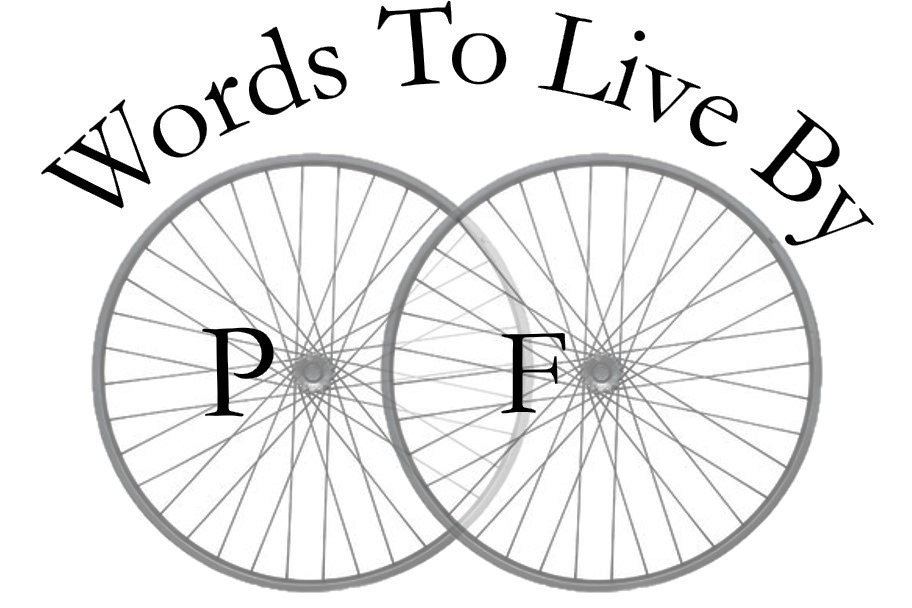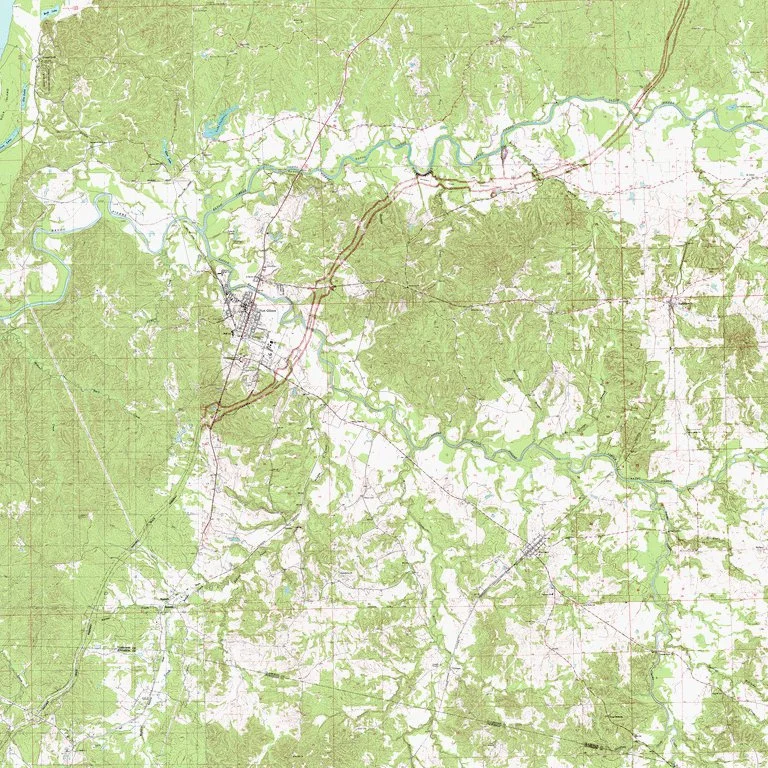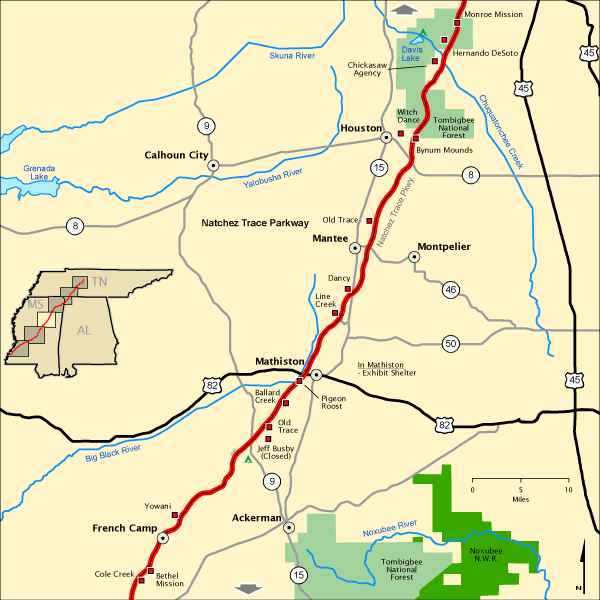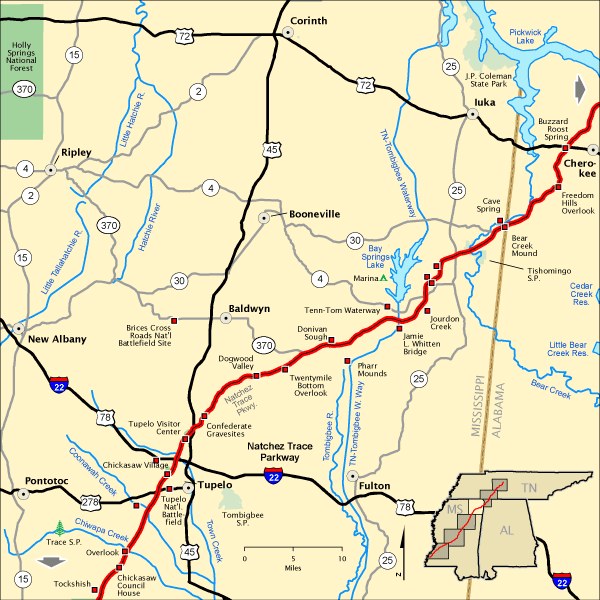Francis Baily
All I’ve got left is trepidation, with nothing to occupy my mind but worry and no solace to be found in pedaling for a week.
While I await the start of our tandem ride across Mississippi, I find it comforting to think about Francis Baily.
On July 4, 1797, he left Natchez and the Mississippi River, taking off overland toward Nashville to see the Grand Ole Opry. (Just because I made up that last bit, don’t doubt the truth and historical accuracy of the quotations following. This is the real deal.) He was on horseback and with a dozen or so others, but his journey was considerably more challenging than what we’ll face on our bicycle ride.
For one thing, I won’t have to convince someone to slaughter a beef and turn it into jerky as Baily did before his expedition left town. Nor will I have to requisition a batch of hard tack.
My chief concern is the possibility restaurants and stores where I think we’ll eat chicken fried steak and drink iced tea won’t be open. I’ve set out the whole itinerary with the aid of Google maps – Baily had to put up with slow dial-up Internet access and a wonky Netscape UI. After our second 50-plus mile day, we’ll take an Uber to the ballpark. There were a few more concerns for the English Baily’s group. I know this because “Journal of a Tour in Unsettled Parts of North America” was published posthumously, recounting his travels to Antigua, New York, down river to Pittsburgh and New Orleans and then back up the Trace, an ill-defined wildlife trail and Indian Path.
“We were obliged so to manage our daily journey that we might arrive at a plantation in the evening where we were likely to get pasture for our horses: and even this was not always to be had. And when we did arrive there, a poor hut was our only shelter, and we were obliged to unpack our horses ourselves, and turn them into the pasture; and if we could get a mess of mush and milk, some fried bacon, or some fresh meat of any kind, it was as much as we expected, and for this we were charged enormously high.”
We’ll be staying at bed & breakfasts with hot showers and soft beds. We’ll have grits, and eggs, and bacon, and steaks, and pizzas, and burritos, and hamburgers to eat. Baily would take what he could get to eat and go sit out in the woods because the houses were so nasty.
There is no chance we’ll get lost. A distinguishing feature of the Natchez Trace Parkway is its limited access and no-turn progress up to Tupelo. The way in 1797 was much less certain. There are also bridges now, a decided advantage.
“The very next day, — Sunday, July 8th, — we began to experience one of those difficulties of which we met numbers ere we had finished our journey. A little dirty creek, which apparently one might almost jump across, opposed our progress. This creek, on sounding it, we found was not fordable; we were therefore obliged to unload our horses and swim them across. As to ourselves, there was fortunately a large tree lying across the stream elevated near twenty feet above the surface of the water; on this with tottering step we were obliged to carry our baggage, which we did after a deal of trouble and trepidation, whilst exalted on our narrow lofty bridge.”
For all my worries, I do not have to worry about the tandem galloping off with all our stuff, strewing it through the woods.
“As we were proceeding along upon (the path) this afternoon, with our packhorses quietly following, making in the whole a long string of between thirty and forty horses, by some unfortunate accident, the girths belonging to one of them gave way, and the pack slipping round under the horse's belly, he was so frightened that he set off into the woods as fast as his legs could carry him, with the pack swinging and knocking against every tree, like a dog with a kettle to his tail. The other horses seeing this, set off also; and in a moment we were left in a deplorable situation. Bereft of all our provisions and clothes, and deprived of every means of continuing our journey, we had no other resource but riding after them, and endeavoring to run them down. Some of these horses were laden wholly with dollars, the proceeds of the cargo which some of our party had taken down the river. As there was no time for hesitation, we sallied after them with all the speed imaginable, not regarding bogs or trunks of trees which were continually in our way.”
I appreciate Mr. Baily’s account. It makes me worry less how we’ll get along the paved and groomed Trace. It gives me hope we’ll not have to chase down and catch our bicycle. I revel in the fact I won’t have to sleep on a dirt floor along with the saddles and building supplies of our hosts
It took Baily and his crew until July 19 – two weeks and a day – to reach McIntosh, a spot Avery and I will reach in a bit more than three days of pedaling.
Thank you, Mr. Baily, for taking my mind off challenges and turning my focus to hot coffee and buttery pancakes. There is nothing for it but to pedal on.



